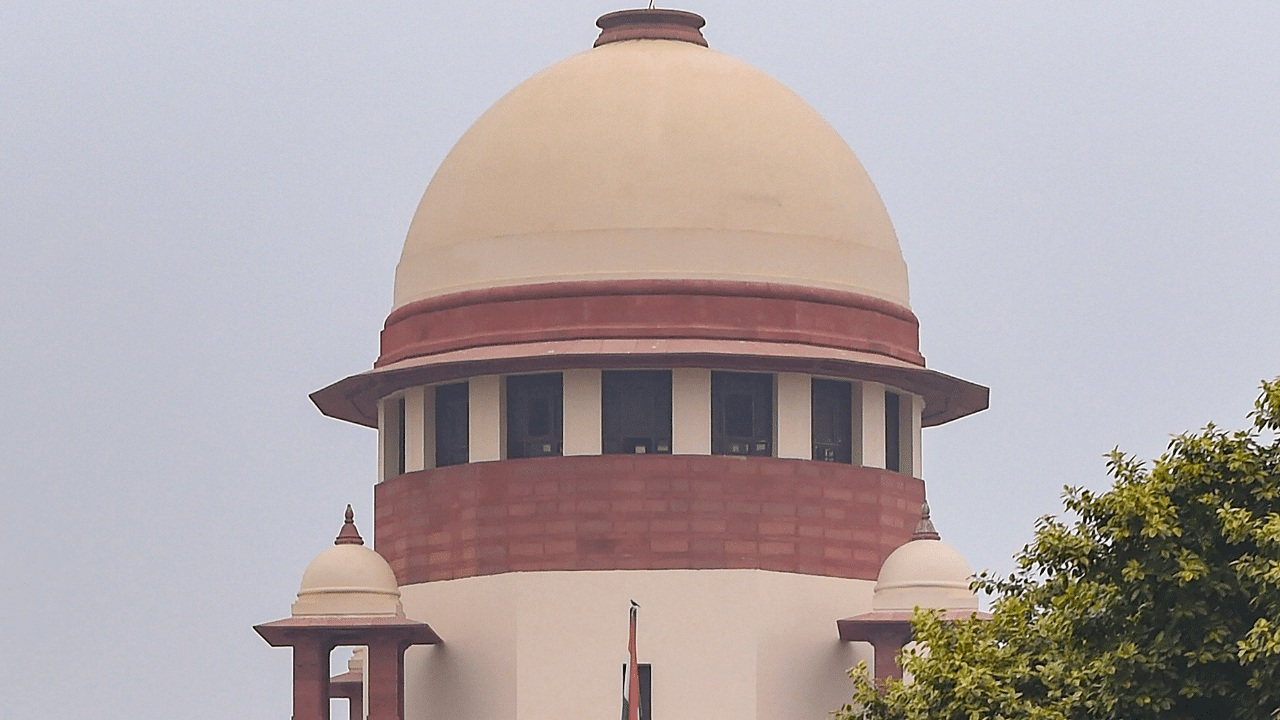
The Supreme Court on Monday agreed to examine a plea by the Karnataka Lokayukta against the High Court's order which declared that the president and the treasurer of Karnataka State Primary School Teachers Association were not public servants and can't be proceeded for their alleged acts of swindling off funds.
A bench of Justices Vineet Saran and Sanjiv Khanna issued notice to the Karnataka government and president of Association V M Narayanswamy and treasurer S T Gangannanavar.
The Lokayukta led by advocate Shailesh Madiyal challenged the validity of the High Court's order of March 26, 2020. It contended that both the office-bearers were admittedly public servants as membership of the Association was obviously not open to those who were not an employee of the state government.
"The High Court erred in creating an artificial distinction whereby an office bearer of an Association is not government servants for the purpose of Lokayukta Act, though membership of the body was by virtue of being a government employee," it said.
The Lokayukta received a complaint from the Dharwad district president of the Association, Shankar Gowda B Patil in 2014 that the two office-bearers collected Rs 210 each from the salary of school teachers for smart cards but they did not follow the tender process for spending Rs 3.78 crore. They were also accused of not maintaining accounts for conferences held at Kudalasangama in 2011 and at Hubballi in 2014. They were also alleged to have started a building society in 2010 and collected crores of rupees for allotment of sites but failed to do so.
The charges were issued to the office-bearers in 2018 after an inquiry by the deputy superintendent of police.
The anti-corruption watchdog claimed that the High Court proceeded on the basis of technicality and erroneous assumption that the complaint about "serious misconduct" was not made within the limitation period.
It also contended that the HC acted prematurely on a writ petition by the office bearers against the proceedings for framing of charge, even though they had to face enquiry with ample opportunity to present their defense.
